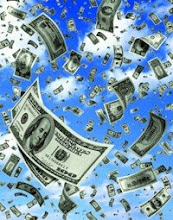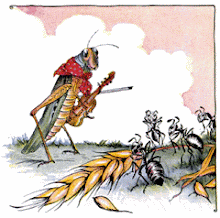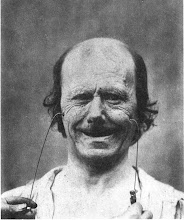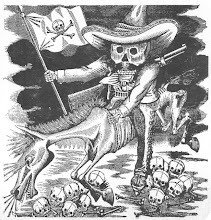
I have been reading a book by Ian Morris called Why the West Rules--For Now: The Patterns of History and What They Reveal About the Future. I would usually want to finish a book, before making a comment, but this one is long and it is a keeper. It is a wonderful book; every page causes me to wonder about something. And it may be one of those sea change books that causes everything to look different once it is read. (I know, that sea change metaphor is hackneyed. The phrase always brings to mind for me, "Full fathom five thy father lies/ of his bones are coral made/ Those are pearls that were his eyes/ Nothing of him does fade/ but doth suffer a sea-change/ Into something rich and strange." So I keep using it.)
Morris quotes Voltaire: "'All is for the best in this best of all possible worlds,' says Dr. Pangloss-again, and again, and again--in Voltaire's eighteenth-century comic classic Candide. Despite
contracting syphilis, losing an eye and an ear, and being enslaved, hanged, and caught in not one but two earthquakes, Pangloss sticks to his story. Pangloss, of course, was Voltaire's little joke, poking fun at the silliness of contemporary philosophy, but history has thrown up plenty of real-life versions."
contracting syphilis, losing an eye and an ear, and being enslaved, hanged, and caught in not one but two earthquakes, Pangloss sticks to his story. Pangloss, of course, was Voltaire's little joke, poking fun at the silliness of contemporary philosophy, but history has thrown up plenty of real-life versions."
I read an English translation of Candide, Or Optimism, I think as assigned reading, in high school and enjoyed the joke and was completely persuaded that Pangloss and Leibniz (who I did not, and have not, read) must have been complete idiots.
Now, because of Morris' book, it occurs to me that Dr. Pangloss may have been right, not about the optimism part, but because this is the best of all possible worlds, because it is the only possible world. This also, makes it the worst of all possible worlds, of course, but if everything had to turn out the way it does, there may be no reason with Dr. Pangloss to rejoice in the awful things going on around us, but there is little reason to be suprised or disappointed, either.


























_-_Dante_And_Virgil_In_Hell_(1850).jpg)























































No comments:
Post a Comment